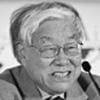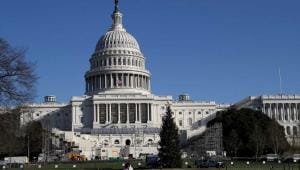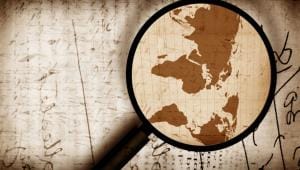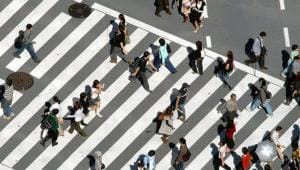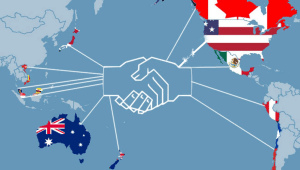A rare triumph of US bipartisanship
After months of negotiations, the United States Senate recently passed a USD 1 trillion infrastructure bill. Passed by a vote of 69 to 30, it was an impressive display of bipartisanism at a time of deep polarisation.
3 September 2021, 18:00 PM
Epidemics, economics, and externalities
Covid-19 and its collateral damage continue to leave a trail of devastation around the world. Millions of businesses have closed, with many having no realistic prospect of reopening.
28 August 2020, 18:00 PM
How can we retain the benefits of globalisation?
In the last few years, for many people and their leaders, globalisation has become a scourge to be purged in favour of greater protectionism and unilateralism.
11 July 2018, 18:00 PM
Why we need globalisation
From the Brexit vote to Donald Trump's election as US president to rising support for populist parties in countries like Germany and Italy, much of the electoral upheaval in Western democracies in recent years has been attributed at least partly to a backlash against globalisation. But globalisation does not deserve voters' ire.
18 May 2018, 18:00 PM
Education in the Digital Age
The Fourth Industrial Revolution stands out from its predecessors in a critical way: rather than making it easier for humans to use their surroundings more effectively for their own benefit, technology is displacing humans in the workplace. The question is who will benefit now.
5 March 2018, 18:00 PM
Misery loves inflation targeters' company
The United States, Europe, and Japan are all making positive economic strides. In the US, the unemployment rate is falling, and now stands at just over four percent.
29 December 2017, 18:00 PM
Fake news and biased news
Interviews are always tricky. If an unscrupulous interviewer is looking for a particular answer or claim, they have the power to edit, manipulate, or even rewrite their subject's words to that end.
31 October 2017, 18:00 PM
The rebirth of the TPP
When Donald Trump, in one of his first acts as president, announced that the United States would not participate in the Trans-Pacific Partnership (TPP), many assumed that the mega-regional trade deal was dead. But such assumptions may have been premature.
5 July 2017, 18:00 PM
How Trump is testing democracy
World leaders seem to be at a loss about how to approach relations with US President Donald Trump, given his worrying positions and often-bizarre behaviour toward politicians and the media, allies and enemies alike.
1 March 2017, 18:00 PM
Keynes reborn
In the fourth century, Japan's emperor looked out from a small mountain near his palace and noticed that something was missing:
29 December 2016, 18:00 PM
The secret success of Abenomics
Tokyo is in the midst of a construction boom, with old high-rise office and apartment buildings being rebuilt in more modern and elegant forms, all while maintaining stringent environmental standards.
27 October 2016, 18:00 PM
Japan vs. the Currency Speculators
With Japan's economy struggling to escape its deflationary torpor, the economic-revitalisation plan that Prime Minister Shinzo Abe launched in 2012 has come under growing scrutiny.
5 September 2016, 18:00 PM
China's political interventions
In the last week or so, stock markets around the world have been hit by an upsurge in volatility, with large price swings confronting traders in New York, Tokyo, London, and beyond. And the entire global financial spasm has been largely blamed on a single culprit: China.
1 September 2015, 18:00 PM
